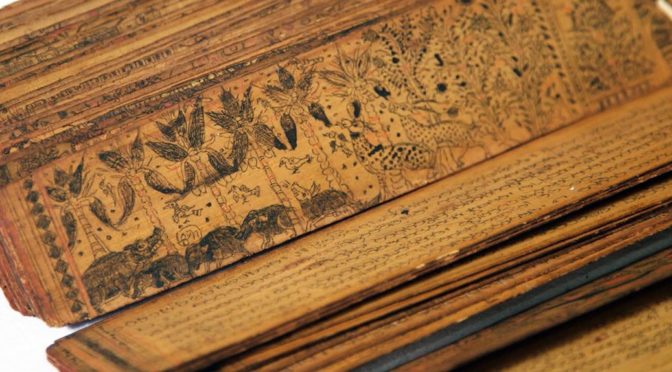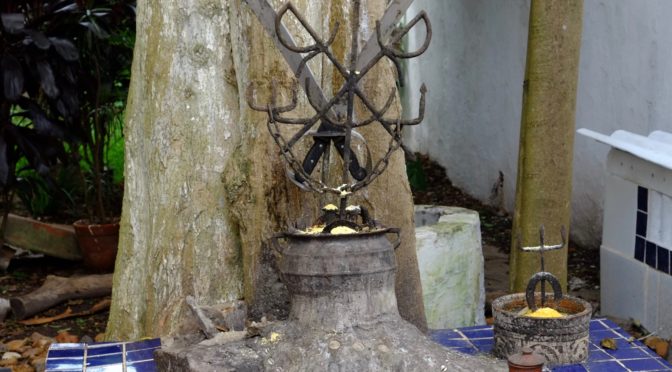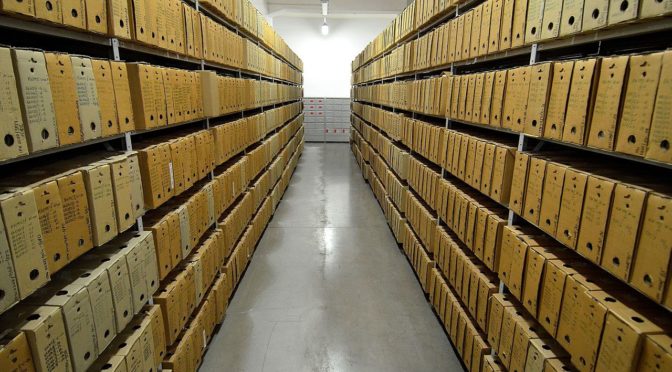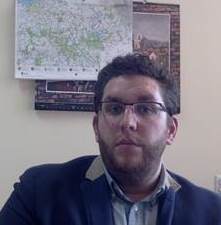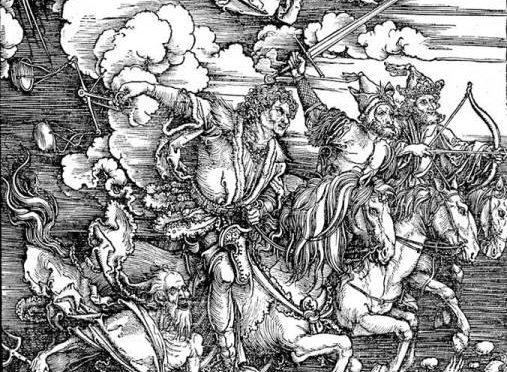Mezinárodní workshop
Organizátoři: Benedetta Zaccarello (CEFRES) a Kannan Muthukrishnan (Francouzský institut v Pondicherry)
Partneři: CEFRES a Francouzský institut v Pondicherry
Kde: Francouzský institut v Pondicherry, Indie
Kdy: 7. a 8. března 2019
Jazyk: angličtina
Program
7. března 2019
9:30 Zahájení Prof. Frédéricem Landy, ředitel IF Pondicherry
10:00
Blok 1 – Methodological and Theoretical Standpoints
- Dr. Benedetta Zaccarello (CEFRES, Prague / CNRS-MEAE)
- Mr. Kannan M. (IF Pondicherry)
11:00 Pauza na kávu
11:15
- Dr. Jayanta Sengupta (tajemník a kurátor Victoria Memorial Kolkata), téma: mezinárodní problémy týkající se archivních praktik
- Prof. Subbarayalu (IF Pondicherry), téma: archivy: historický přehled
13:00 Oběd
14:00
- Mr. Peter Heehs (historik, zakladatel archivu Sri Aurobindo Ashram Archives), téma: historie Sri Aurobindo Ashram Archives
- Mr. Rengaiyah Murugan (Madras Institut of Development Studies v Chennai, vedoucí knihovny), téma: tamilské rukopisy a archivy
- Dr. Roland Wittje (IIT, Chennai), téma: sbírky a archivy: historie vědy a technologie
16:00 Pauza na kávu
16:15
- Dr. Anupama K. (IFP), téma: sbírky z ústavu Ekologie Francouzského institutu v Pondicherry
- Mr. Venkat Srinivasan (archivář, Indian Institute of Science, Bangalore), téma: digitální reprezentace archivů v Indian Institute of Science
Komentovaná prohlídka výstavy (rukopisy palmových listů komentovaných Dr. Devi Prasad a sbírky fotografií komentovaných Dr. Rameshem Kumarem a sbírky z ústavu Ekologie komentovaných Dr. Anupama K.)
8. března 2019
Blok 2 – Archives Beyond Borders and Mindsets
Část 1: Archives: Trans-cultures and Post Colonialisms
9:30
- Prof. Albert Dichy (IMEC, Caen, vedoucí literárních sbírek)
- Dr. Chandramohan (kurátor Governmental Oriental Manuscript Library, Chennai), téma: koloniální období, palmový list a rukopisy ze sbírky “MacKenzie”
11:00 Pauza na kávu
- Mr. Richard Hartz (výzkumník, Sri Aurobindo Ashram Archives), téma: mezikulturní aspekty Sri Aurobindo Ashram Archives
- Dr. G. Sundar (ředitel Roja Muthiya Research Library, Chennai), téma: archivace tamilštiny ve 20. století
13:00 Oběd
14:00
Část 2: Oral Traditions and Visual Heritage in the Age of Digital Archives
- Dr. C.S Lakshmi (ředitel Sound and Picture Archives for Research on Women, Mumbai), téma: archivace svědectví žen, orální archivy
- Mr. Prashant Parvatneni (Kabir Project, Bangalore), téma: budování archivu “Kabir Project”
- Ms. Ranjani a Mr. Faizal (Keystone Foundation), téma:budování archivu “Keystone Foundation”
16:00 Pauza na kávu
16:15
- Dr. Alexandra De Heering (IF Pondicherry), téma: přístup do vizuálních archivů
- Mr. Gopinath Sricandane (IF Pondicherry), téma: vizuální médium a archivy
- Dr. Pierre Triomphe (Institut national du Patrimoine, Paris), téma: odkaz a archivy

